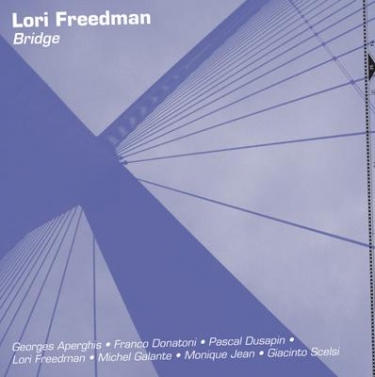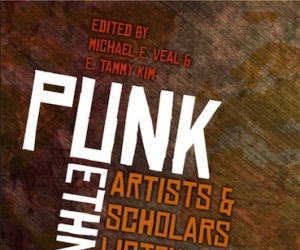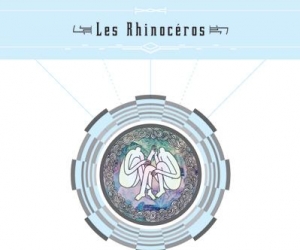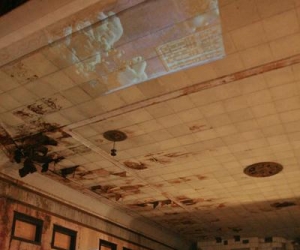
Bridge largely emulates the pattern of one of Freedman’s solo clarinet concerts, exploring the relationships between composition, interpretation, and improvisation. If composition and improvisation were once separated by a gulf, here they’re constructed as a continuously variegated field. Pascal Dusapin’s through-composed piece Itou, has the feel of improvisation, driven along by its rhythmic momentum and exploration of the instrument, the performance evolving in a wholly organic way. Freedman’s own Brief Candles creates a dialogue between the two processes. Throughout the CD, she also explores the sheer sonic range of the clarinet family, from the piping upper register of a soprano on Clair to the firmament rumblings of a contrabass on Giacinto Scelsi’s Maknongan. Freedman spends much of her time here with her bass clarinet. Controlling and exploiting that instrument’s expressive power, she unleashes it on the third of three improvisatory “Bridges,” 59th Street. Freedman reaches beyond her instrumental voices at only two points here. Michel Galante’s Flicker matches a continuously moving clarinet line with gentle, bell-like piano punctuations (provided here by Brigitte Poulin), while Monique Jean’s low memory #3 matches the bass clarinet’s dense multiphonics with electroacoustic elements, the two fields eventually merging. It’s a stimulating program, continually revealing Freedman’s inquiring spirit and sonic resourcefulness.


